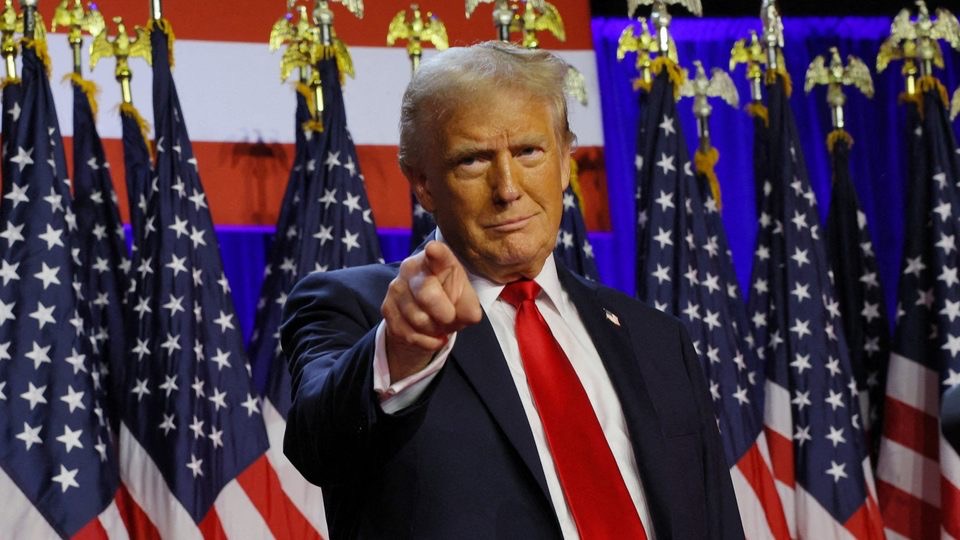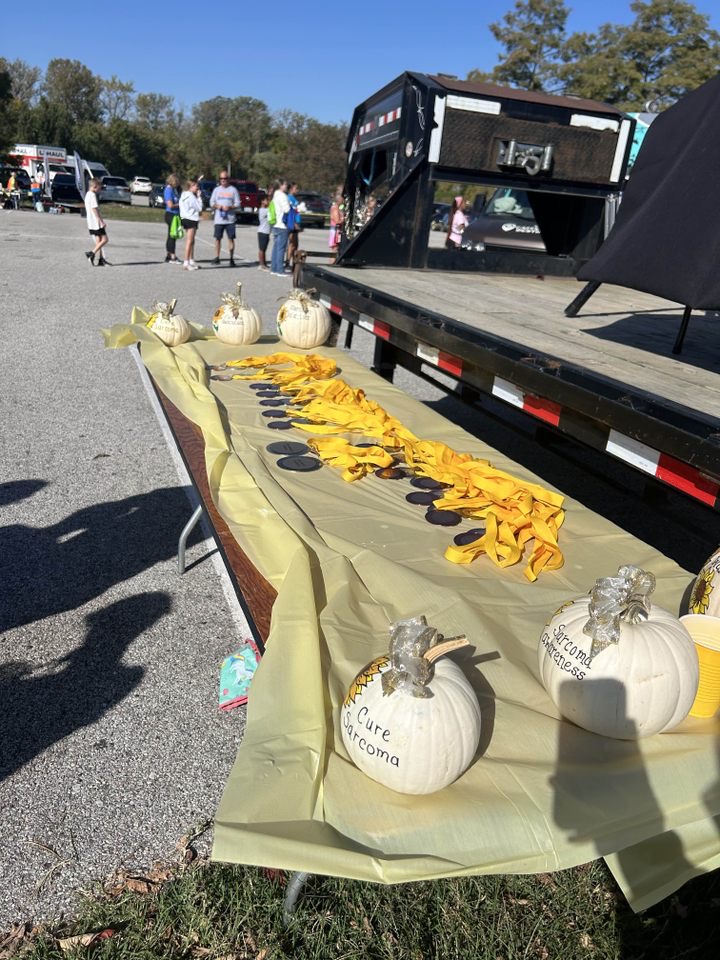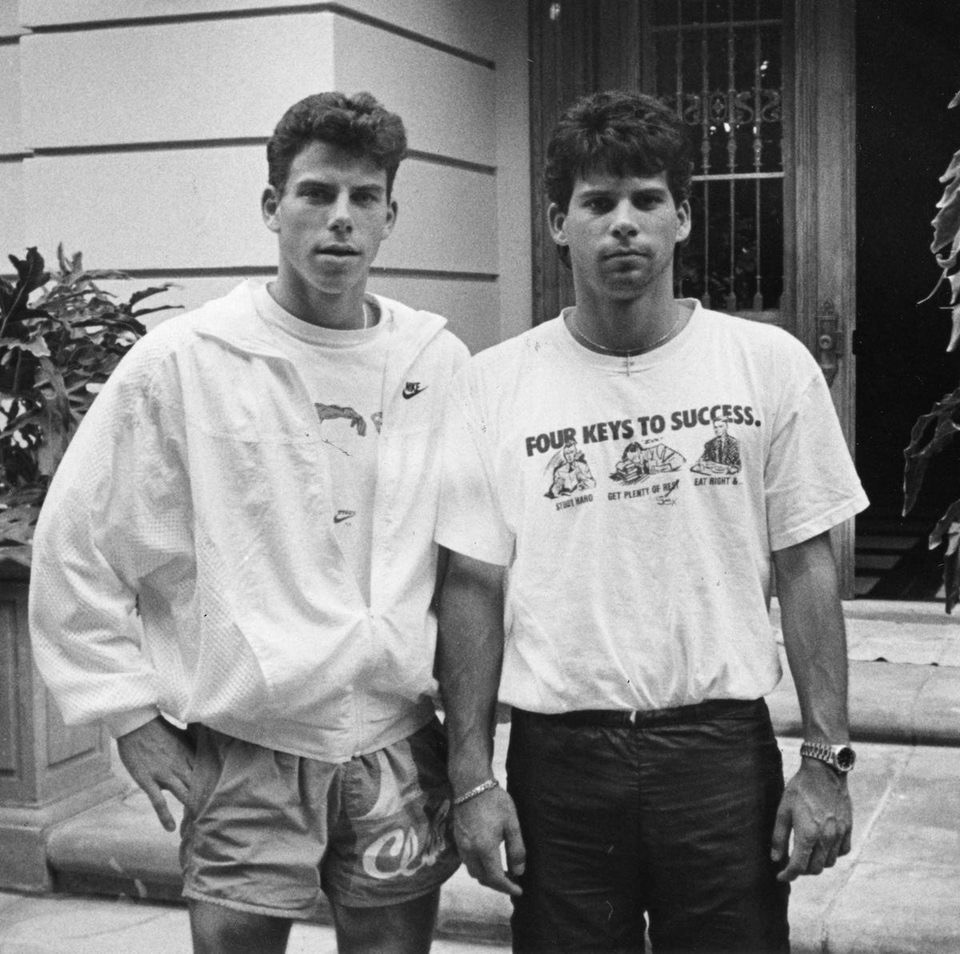In today’s digital age, the media plays a crucial role in shaping the opinions and behaviors of young voters. From traditional news outlets to social media platforms, the ways in which information is seen and consumed has evolved dramatically, influencing the political world in significant ways.
One of the most notable impacts of media on young voters is the accessibility of information. With the rise of the internet and social media, young people have unprecedented access to a wide variety of news sources and political content. This accessibility allows them to stay informed about current events, political candidates, and policy issues. However, it also presents challenges, such as the spread of misinformation and the difficulty of distinguishing credible sources from unreliable ones.
Social media platforms have become powerful tools for political engagement among young voters. These platforms facilitate discussions, enable the sharing of opinions, and allow for interactions between users. Young voters can participate in political discussions, join online communities, and even interact directly with candidates and elected officials. This level of engagement can lead to increased political participation, as young people feel more connected to the democratic process.
The media’s portrayal of political events and candidates can significantly influence young voters’ perceptions. Media bias, whether intentional or unintentional, can shape opinions by highlighting certain issues while downplaying others. Young voters, who are still forming their political identities, may be a target audience to these influences. It is essential for them to critically evaluate the information they consume and seek out diverse perspectives to develop well-rounded views.
In the age of social media, influencers and celebrities have become key players in political advocacy. Many young voters look up to these figures and are influenced by their endorsements and opinions. Influencers can raise awareness about important issues, encourage voter registration, and motivate their followers to participate in elections. However, the reliance on influencers also shows the need for media literacy, as young voters must discern between genuine advocacy and promotional content.
The media’s impact on young voters is controversial, offering both opportunities and challenges. While the accessibility of information and the potential for increased engagement are positive developments, the influence of media bias and the role of influencers highlight the importance of media literacy. By critically evaluating the information they consume and seeking diverse perspectives, young voters can navigate the media effectively and make informed decisions at the ballot box.








